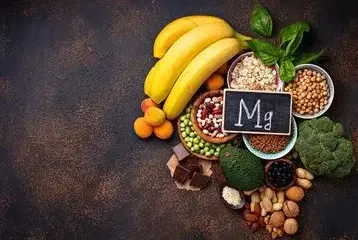Toddler Feeding
Is Your Baby Ready for Milk?

When to Introduce Milk to Your Baby
Many parents wonder when their baby is ready for milk or cow’s milk specifically. Babies usually begin drinking cow’s milk after they turn one year old. Introducing milk at the right time is crucial to ensure your baby gets essential nutrients like calcium and vitamin D. These nutrients help support strong bones and healthy growth.
Why Whole Milk Is Best for Toddlers
Whole milk provides toddlers with the fats they need for brain development and weight gain. Experts recommend whole milk for children under two years old. It contains important proteins, vitamins, and carbohydrates to support energy and growth. Switching too early to low-fat milk may deprive your toddler of these vital nutrients.
How Much Milk Should Your Toddler Drink?
Toddlers between one and two years should drink about 16 to 24 ounces of whole milk daily. From ages two to five, milk intake can decrease slightly to 16 to 20 ounces. At this point, parents may switch to low-fat or skim milk, depending on pediatrician advice. Too much milk can reduce your toddler’s appetite for other nutritious foods.
Tips for a Smooth Milk Transition
If your toddler hesitates to drink milk, try mixing it gradually with breast milk or formula. Starting with a mix of one part cow’s milk to three parts breast milk helps them adjust. Offering milk at room temperature or slightly warmed can also encourage acceptance. You can add milk to cereals, soups, or smoothies to boost intake.
Milk Alternatives for Special Diets
For families avoiding dairy, fortified plant-based milks are options once your baby is over one year. Soy milk offers a similar protein content to cow’s milk and is a good alternative. Oat milk provides more carbohydrates but less protein, while almond and rice milk generally have fewer nutrients. Always check labels for calcium and vitamin D fortification.
Signs Your Baby Might Not Be Ready for Milk
Avoid giving cow’s milk before age one because it can stress immature kidneys and cause digestive problems. Babies may develop iron-deficiency anemia if introduced too early, due to milk protein irritating the gut. If your baby shows allergic symptoms such as hives, vomiting, or swelling after milk, contact a healthcare provider immediately.
Conclusion
Knowing when your baby is ready for milk helps ensure they receive proper nutrition during early growth stages. Whole milk supports brain and bone development for toddlers under two. Gradual introduction and variety in feeding encourage healthy habits. If you want to learn more about baby nutrition and parenting tips, explore more news on this website.












